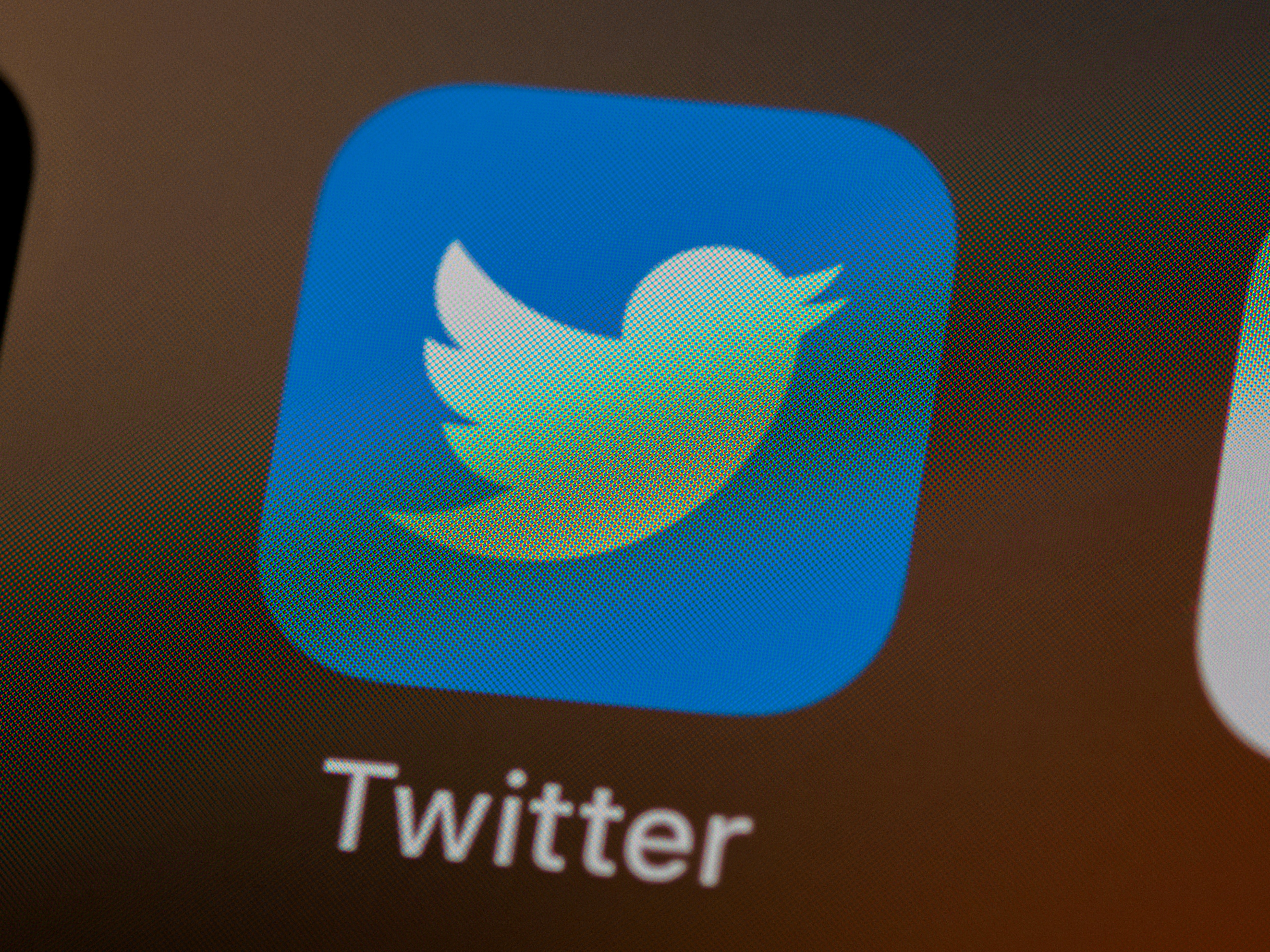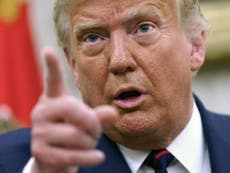Twitter's new misinformation rules will see tweets that 'undermine faith' in election removed
The rules account for behaviour exhibited by President Trump, such as suggestions the election is rigged

Twitter has announced changes to its rules ahead of the US presidential election in November in order to stop misinformation.
From 17 September, the company says it will label or remove information which might undermine confidence in the election.
This includes false claims about laws and regulations of the election, as well as disputed claims that could “undermine faith in the process”.
Twitter says such claims could include “unverified information about election rigging, ballot tampering, vote tallying, or certification of election results.”
It also goes on to say that misleading claims about the results of the election, such as “claiming victory before election results have been certified, inciting unlawful conduct to prevent a peaceful transfer of power or orderly succession”, would be labelled or removed.
President Donald Trump has made numerous false claims that the US election will be rigged.
This includes claiming that “foreign countries and others” would print mail-in ballots to disrupt November’s election.
A Twitter spokesperson did not say whether Mr Trump’s previous tweets which violate Twitter’s new rules would be laebled or removed, according to CNN.
Many Democrats have also expressed concerns that Mr Trump would not leave the office of the president should be lose the November election to Joe Biden.
“I think it’s a fair point to raise as to whether or not if he loses he’s going to go quietly or not, and we have to be ready for that,” Hillary Clinton said in July.
“Given my experience working for Mr Trump, I fear that if he loses the election in 2020 there will never be a peaceful transition of power,” Donald Trump’s former lawyer Michael Cohen said in June.
Daryl Johnson, a former Department of Homeland Security analyst who consults with law enforcement agencies on combatting far-right extremism and domestic terrorism, has warned that Trump supporters are also rejecting the notion that Mr Trump could lose the election.
“They're already talking about what they are gonna do if the Republicans don't win,” he said. “They've already… accepted the narrative that it would be a false election, that it would be a result of fraud.”
Twitter had previously labelled Mr Trump’s incorrect tweets about election fraud, resulting in the president lashing out at the company.
President Trump tweeted that the company is “interfering in the 2020 Presidential Election” and “completely stifling free speech.”
Facebook and Google have also taken action ahead of the November election.
Facebook will stop the repeated forwarding of messages on WhatsApp, ban new political ads in the week before the election, remove posts that suggest that people will get Covid-19 if they vote, and add an "informational label" to posts that try to delegitimise the election.
Google announced said it will stop search autosuggestions that could be interpreted as biased, but will not distinguish between suggestions that are true and those that are false.


Join our commenting forum
Join thought-provoking conversations, follow other Independent readers and see their replies
0Comments